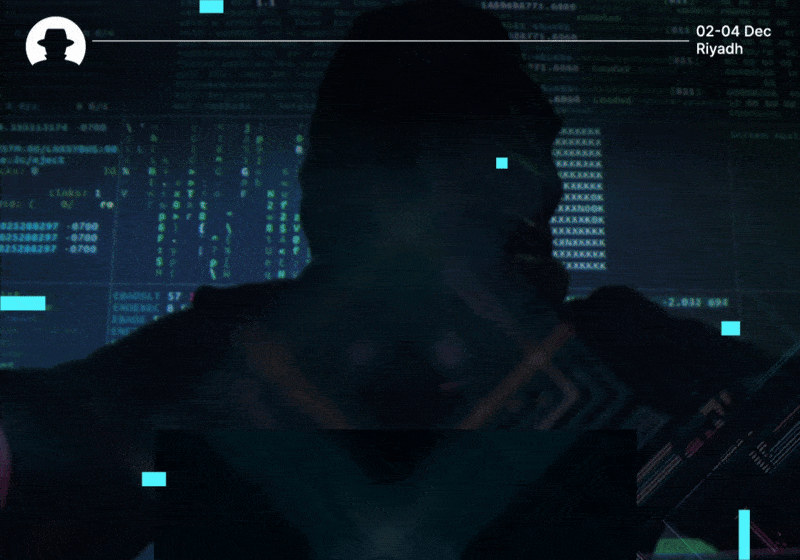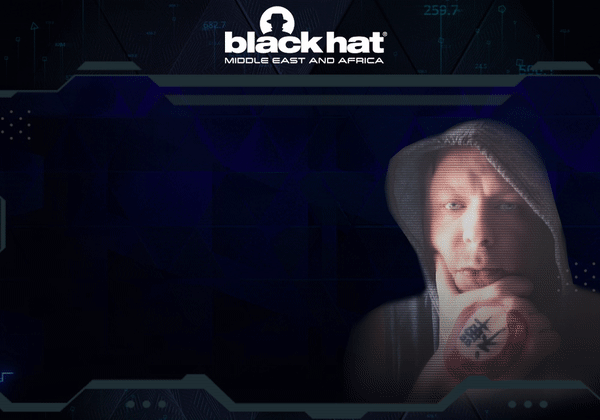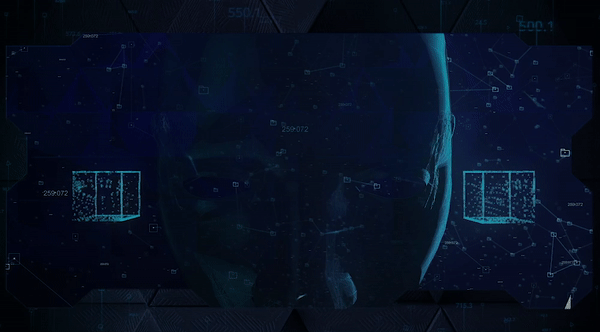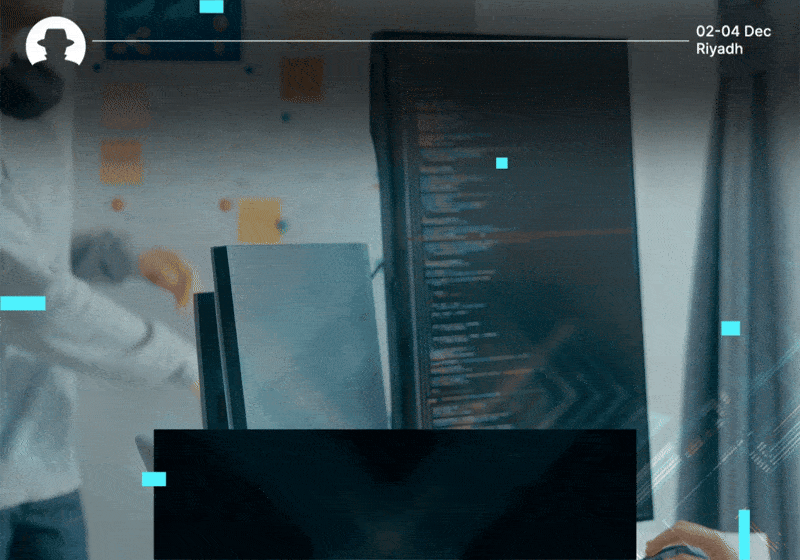
Five high-profile cyberattacks so far in 2025
Get the lowdown on five of the most damaging cyberattacks so far in 2025.
Read More
Welcome to the new 100 cyber warriors who joined us last week. 🥳 Each week, we'll be sharing insights from the Black Hat MEA community. Read exclusive interviews with industry experts and key findings from the #BHMEA23 keynote stage.
Keep up with our weekly newsletters on LinkedIn, Subscribe here.
Bringing more Zen into cybersecurity leadership.
We interviewed Lance James (Founder and CEO at Unit 221b). With over 25 years in the industry, he’s a great person to talk to about leadership and the struggles of cybersecurity professionals – and his approach to leadership (as well as his approach to life) is rooted in Zen principles.
“So you may know Shunryu Suzuki, the Zen teacher who brought Zen to the West. He authored a book called Zen Mind, Beginner’s Mind, which primarily focuses on meditation but also offers an outlook on life.
“This book has had such a profound impact on me that I even have the Japanese Kanji for ‘Shoshinsha’ (beginner) tattooed on my left inside arm. The core principle of approaching everything as if it's our first time, even if we've done it a thousand times before, resonates deeply with me. It reminds us to always be fully present, open to new opportunities, and eager to learn.”
Professionals in all industries experience imposter syndrome. But as Lance pointed out, it’s prevalent in cybersecurity – “individuals feel like frauds or believe they aren’t good enough,” he noted.
That might be because:
“On the flip side,” Lance said, “the process of immersing oneself in the flow and engaging in hacking (in the sense of tinkering or discovering) creates a state of joy and childlike wonder, as it is a constant journey of learning.”
So there’s plenty of scope to move away from imposter syndrome and enjoy the process – if everyone, including the leaders at the top of their game, adopt the mindset of being a beginner.

If the concept of Zen doesn’t sit comfortably, you can take the principles and apply them without any labels.
Those principles include:
Apart from making the leader’s job more enjoyable, it’s really good for people earlier on in their careers to see their role models approaching work with the mindset of a beginner. It’s empowering: if you see your bosses and mentors look at cybersecurity challenges with fresh, curious eyes, you’ll feel like you can do the same.
So there’s less pressure to immediately have all the answers; or to be the best expert in the room. Instead, upcoming cybersecurity professionals will recognise that they can be good at their jobs because they don’t know everything.
The pressure lifts. And then instead of wasting energy trying to appear better or more confident than others, cybersecurity professionals can focus their attention on solving problems.
Whether you call it Zen leadership or authentic leadership or something else entirely, the principles at play here are functional, effective, and good for everyone involved. It’s about stripping away the layers of pressure and expectation, and being where you are right now – enabling a collaborative work environment in which everyone feels like they can bring ideas to the table.
Lance added,
“To me, Zen is about mastering oneself, whether in a leadership role or as an individual contributor, as it entails leading one's own life. Great leaders also create more leaders. I embrace Zen for various reasons, but the primary one is that it allows me to see the world as it truly is, to be present in everyday moments, and to live a life filled with compassion.”
“These qualities also happen to be effective for leadership, and I firmly believe that Zen and leadership are inseparable, just like Zen and living.”
Read our full interview with Lance James on the blog.

*Subject to terms and conditions
Do you have an idea for a topic you'd like us to cover? We're eager to hear it! Drop us a message and share your thoughts. Our next newsletter is scheduled for 23 August 2023.
Catch you next week,
Steve Durning
Exhibition Director
P.S. - Mark your calendars for the return of Black Hat MEA from 📅 14 - 16 November 2023. Want to be a part of the action?
Join the newsletter to receive the latest updates in your inbox.

Get the lowdown on five of the most damaging cyberattacks so far in 2025.
Read More
Find contacts, skills, and opportunities at this world-class cybersecurity event.
Read More
Find out how brief conversations and momentary interactions can shape your career path through micro-mentorship.
Read More